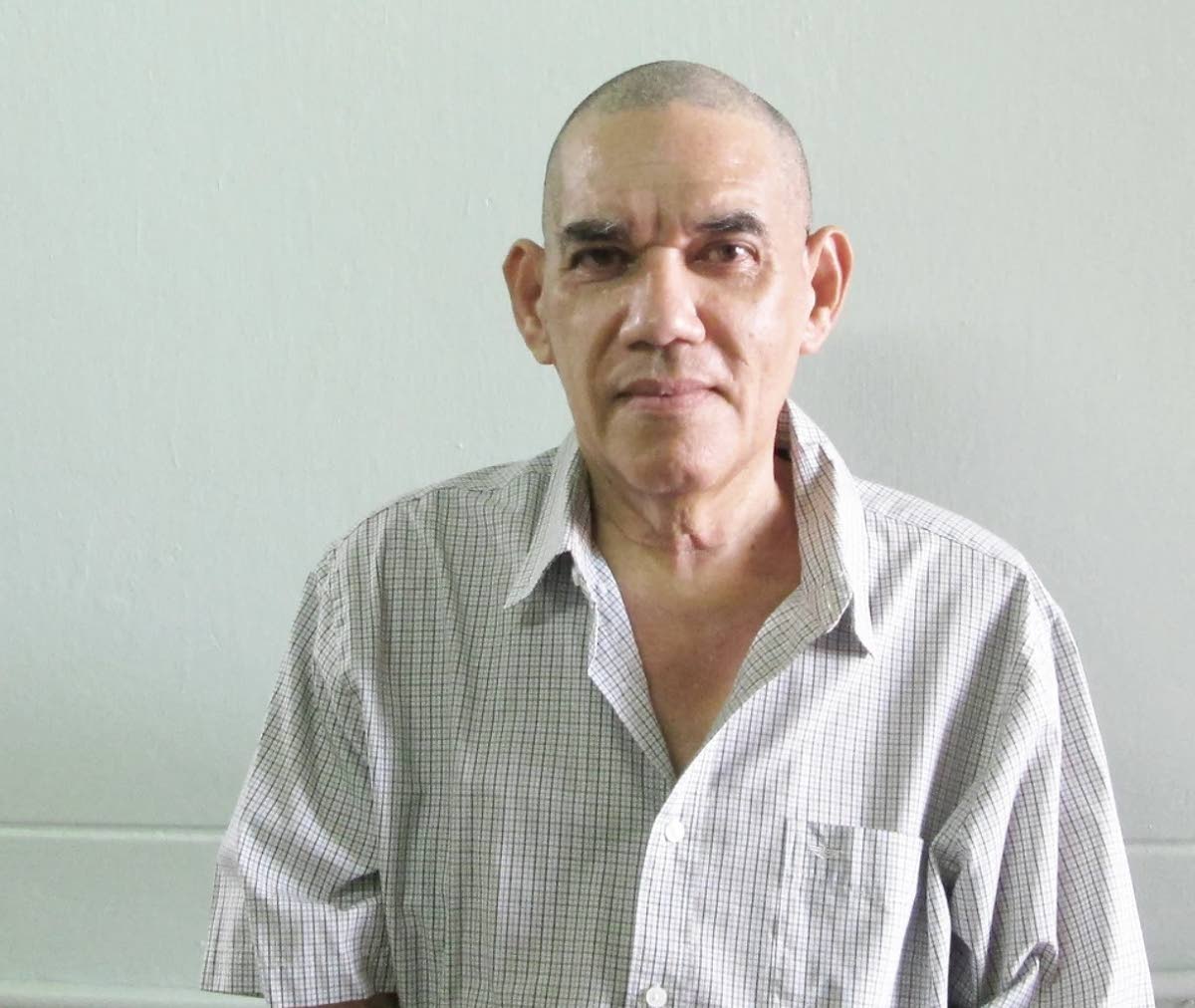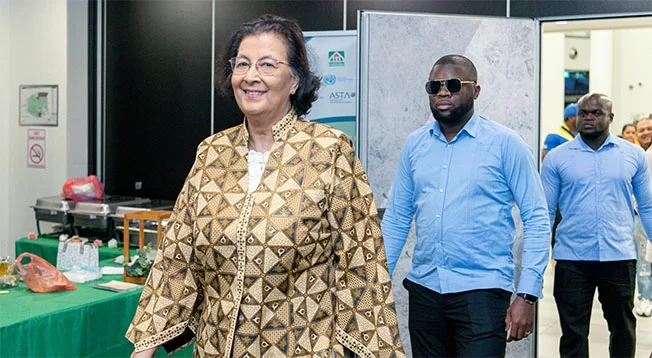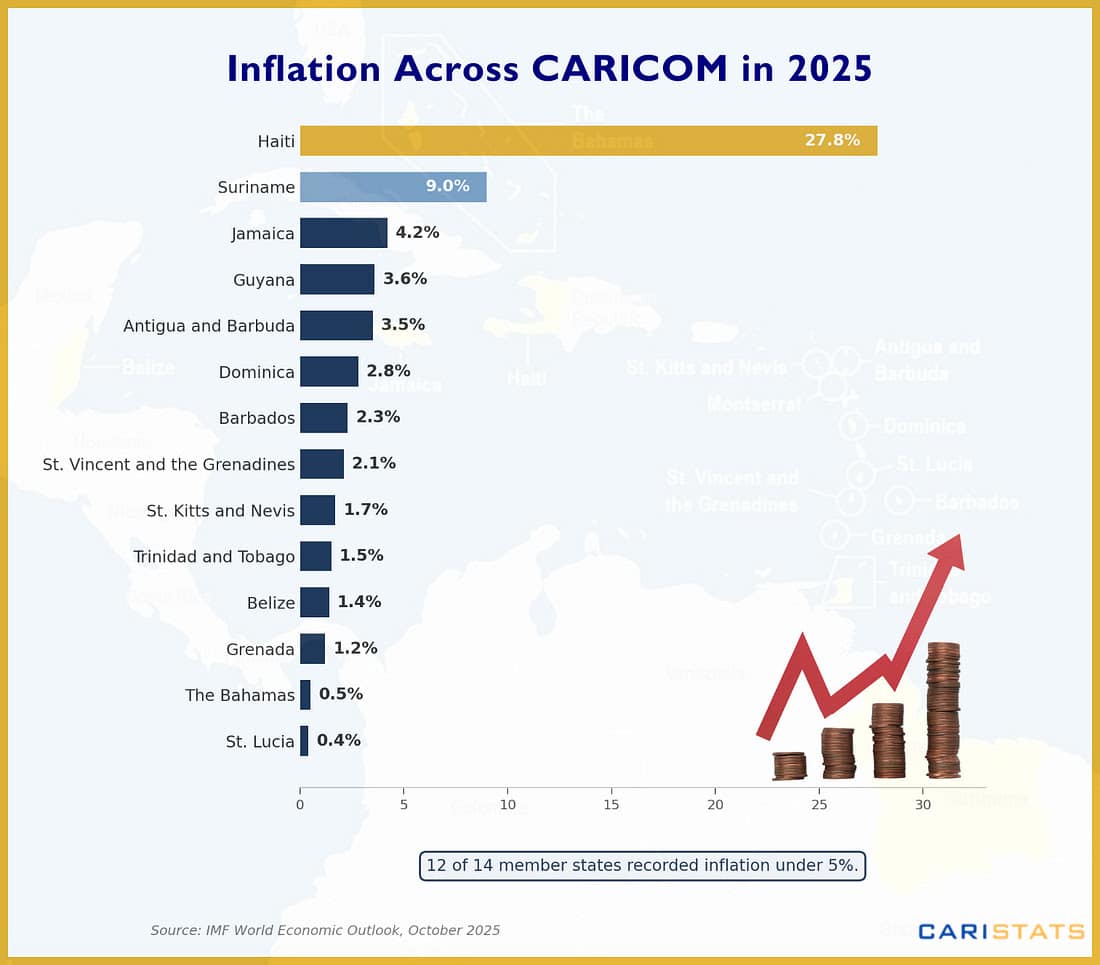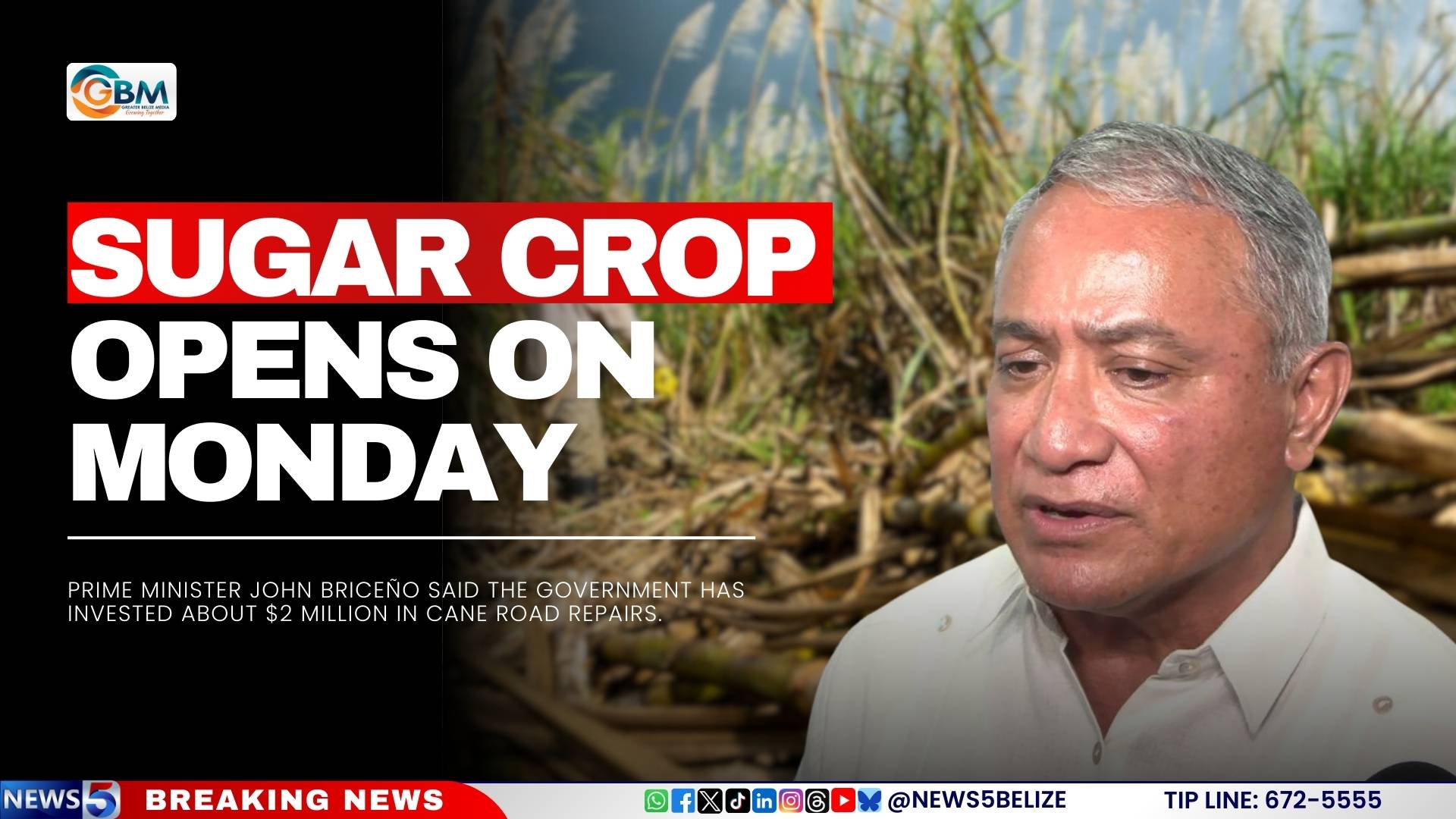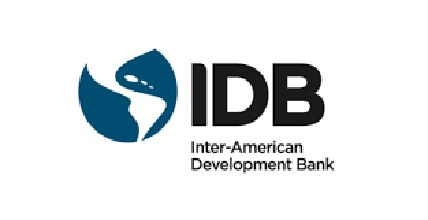A prominent criminologist has issued a forceful appeal for a comprehensive overhaul of Trinidad and Tobago’s financial regulatory systems in the wake of the long-awaited Colman Commission report on the CL Financial collapse. Dr. Daurius Figuera’s comments come just days after Attorney General John Jeremie presented the voluminous findings to Parliament, marking a significant development in a financial saga that has spanned nearly two decades.
The investigation, initiated following former Central Bank governor Ewart Williams’ 2007 revelation of liquidity crises within the CL Financial Group, represents what Jeremie characterized as “the largest case of fraud and financial tragedy” in the nation’s history and across the Caribbean region. Despite the gravity of the findings, the government has announced it will not pursue civil litigation, though criminal investigations remain active under the Director of Public Prosecutions.
Figuera expressed profound skepticism about the investigative process, labeling it a “joke” that consumed billions in taxpayer funds over more than a decade. He raised critical questions about the initial decision to pursue civil proceedings, noting the Commission’s clear identification of potential criminal charges. “The fundamental lesson from this entire affair,” Figuera asserted, “is that Trinidad and Tobago’s supervisory structure for Colonial Life failed catastrophically.”
The criminologist argued that proper regulatory diligence could have prevented the entire collapse by holding executive chairman Lawrence Duprey accountable long before the financial implosion. He emphasized that the Duprey empire was fundamentally built upon Colonial Life, and that regulatory bodies consistently documented questionable activities without intervening to prevent systemic failure.
Figuera highlighted the broader implications of regulatory negligence, suggesting that effective oversight would have preserved not only Colonial Life and British American Insurance but also numerous industrial plants at Point Lisas that were part of the conglomerate. He challenged the prevailing narrative that focuses exclusively on Duprey’s actions, instead calling attention to institutional failures that “aided and abetted” the disastrous outcome.
The expert also raised concerns about potential political interference in regulatory functions and questioned whether existing legislation governing financial entities would be strengthened to prevent future collapses. He pointed to a troubling pattern of impunity for white-collar criminals compared to aggressive enforcement against other forms of criminality, asking pointedly: “Is it law for one and no law for another? We certainly haven’t seen any prominent figures in remand custody.”
Figuera concluded with a stark warning about the consequences of failing to learn from history, emphasizing that without substantial reforms to oversight mechanisms and enforcement protocols, similar financial disasters remain inevitable.
